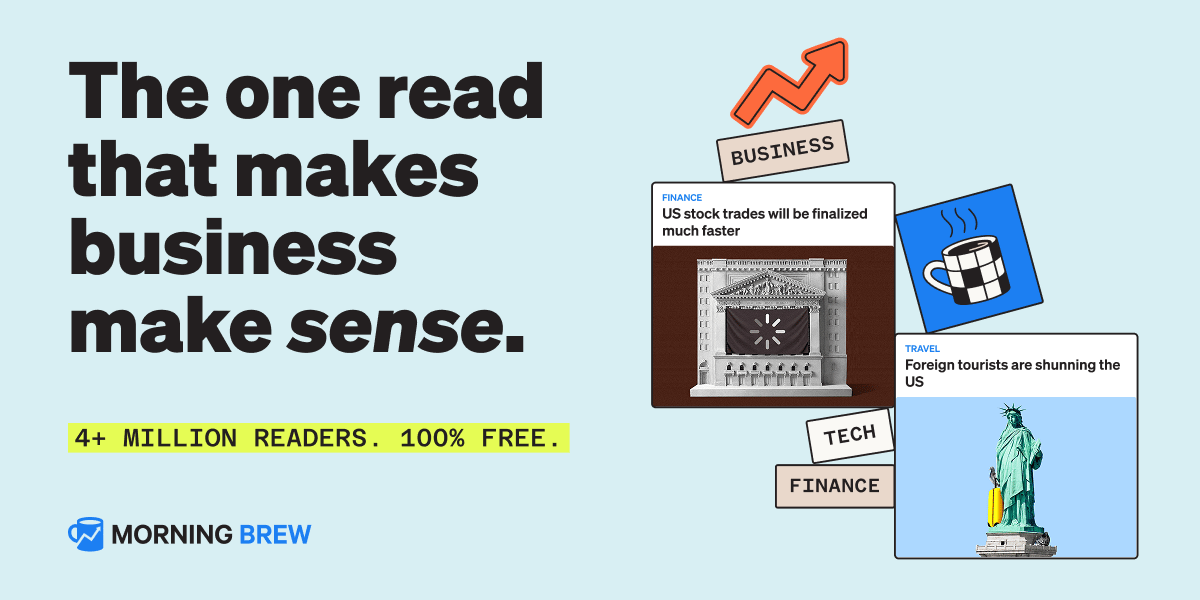As President Donald Trump escalates his crackdown on dissent, sending federal troops into U.S. cities and targeting left-wing groups, Americans are preparing to respond with mass demonstrations. This Saturday, millions are expected to take to the streets for the second nationwide wave of No Kings protests, with events planned in more than 2,500 cities and towns—including locations currently under federal occupation.
The first No Kings protest in June drew millions of participants across over 2,000 locations. Organizers say this weekend’s events are likely to surpass those numbers as public awareness grows of what they describe as the “authoritarian excesses” of the Trump administration.
“Their goal is to dissuade you from participating,” said Ezra Levin, cofounder of the progressive advocacy group Indivisible, a key organizer of the No Kings coalition. “That doesn’t mean everyone faces the same threat. But it does mean we need to see a lot of courage on Saturday.”
Nationwide Coalition of Partners and Allies
More than 200 organizations are participating in Saturday’s protests. Key partners include the American Civil Liberties Union, Public Citizen, the American Federation of Teachers, and SEIU. Grassroots movements such as 50501, which calls for nationwide protests, are also involved. Other allies include Human Rights Campaign, MoveOn, United We Dream, League of Conservation Voters, and Common Defense.
The coalition cites Trump’s authoritarian policies, mass deportations, healthcare rollbacks, gerrymandering, and corporate giveaways as reasons for protest. The movement’s message is clear: “No Kings”. Americans reject autocracy, and protesters are mobilizing to show that political intimidation will not go unchallenged.
Cities Under Occupation Prepare
Several Democratic-led cities—including Chicago, Portland, and Austin—are preparing for protests under heightened federal presence. In Chicago, federal immigration agents and militarized units have already been deployed, though a recent court ruling temporarily blocked additional National Guard troops. Organizers expect Chicago to be one of the largest protest hubs, centered in Grant Park, with a march starting and ending at Butler Field.
“Trump is using our tax dollars to attack our city and the people who live here,” said Denise Poloyac of Indivisible Chicago. “We’re asking people to lean into their courage and show up in large numbers.”
Portland organizers have embraced playful and family-friendly demonstrations, including inflatable costumes and themed bikes. Washington Post called “inflatable frog suits” the city’s protest fashion statement of the year.
Safety and Nonviolence Emphasized
Organizers emphasize safety, nonviolence, and community marshals. Over 150 marshals will be stationed along protest routes and rally locations in Chicago alone, providing training in de-escalation, safety protocols, and community alert systems.
“The violence is coming from the administration, through militarized crackdowns and masked agents terrorizing communities—not from protesters,” said Lisa Gilbert, co-president of Public Citizen. “We will not be bullied into fear or silence. Peaceful protest is our right, and we will stand proud.”
Republican Pushback
Trump and allies have attacked the No Kings movement, labeling it anti-American and funded by antifa. House Speaker Mike Johnson called the protests the “pro-Hamas wing of Democrats,” while Congressman Tom Emmer described them as “hate America rallies.” Attorney General Pam Bondi pledged to investigate funding for antifa and prosecute participants deemed to be causing “chaos.”
Levin sees these attacks as a sign of the movement’s relevance. “The administration is nervous because our protests threaten their power,” he said. “These mass demonstrations are joyful, multigenerational, and full of people exercising their constitutional rights.”
The Power of Mass Protest
Analysts note that 2025 has already seen far more protests than 2017, and No Kings events in June were likely the second-largest single-day demonstration since Trump first took office, behind only the Women’s March. Mass protests show the breadth of opposition, connect participants with local organizations, and foster community solidarity.
Organizers encourage complementary tactics, such as boycotts, political campaigns, and social media advocacy. Recent successful campaigns—like the Disney and Tesla protests—demonstrate that coordinated civic pressure can influence corporate and political behavior.
“We know boycotts can work,” said Claude Cummings Jr., president of the Communications Workers of America. “We need to show companies that embracing Trump’s policies comes at a cost.”
Looking Ahead
The No Kings coalition urges Americans to stay engaged beyond the streets: calling senators, participating in boycotts, posting about city militarization on social media, and training for nonviolent action.
“Even if you’ve never protested before, there’s a role for everyone,” Gilbert said. “Activating just a little more helps strengthen our democracy and reminds everyone that authoritarianism will not go unchallenged.”
Across U.S. cities—from Chicago to Austin to Portland—Americans are preparing for the second wave of No Kings protests, determined to make their voices heard. Despite threats, militarized crackdowns, and political intimidation, organizers emphasize courage, solidarity, and nonviolence.
Key Takeaways
No Kings protests are happening Saturday in over 2,500 U.S. cities and towns, including those with federal troop presence.
Over 200 partner organizations are participating, including the ACLU, Public Citizen, Indivisible, unions, and grassroots movements.
Protests emphasize nonviolence, safety marshals, and community preparedness, with training in de-escalation and neighborhood alert systems.
Cities like Chicago, Portland, and Austin are central hubs, showing creative and family-friendly approaches to protest.
Trump allies have labeled protests as “antifa-funded” or anti-American, potentially using it to justify legal or militarized crackdowns.
Mass protests show the size and growth of resistance and are complemented by boycotts and political activism to pressure corporations and government policy.
Organizers urge citizens to remain engaged, from street action to social media advocacy, calling senators, and other forms of civic participation.
Trusted by millions. Actually enjoyed by them too.
Most business news feels like homework. Morning Brew feels like a cheat sheet. Quick hits on business, tech, and finance—sharp enough to make sense, snappy enough to make you smile.
Try the newsletter for free and see why it’s the go-to for over 4 million professionals every morning.



